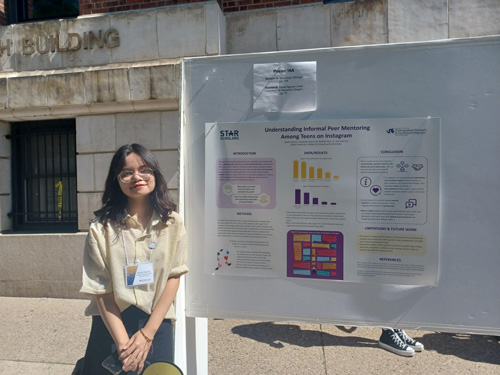Peer Support Among Youth on Social Media
The STAR (Students Tackling Advanced Research) Program of Pennoni Honors College, Drexel University marks some of my memorable first times: my first job and my first academic research. I collaborated with two faculty professors to study how teenagers support each other on Instagram Direct Messaging with the main role in directly coding and analyzing the provided data. Our research paper got accepted to be published at the ACM CHI Conference on Human Factors in Computing Systems in April, 2023. This research was also the groundwork for our current study on youth’s norms and perspectives on effective peer mentoring.
Project
Human-Computer Interaction
Qualitative Research
Timeline
June 2022 - Present
My role
Research Assistant
Team
2 Professors
1 PhD Student
1 Master's Student
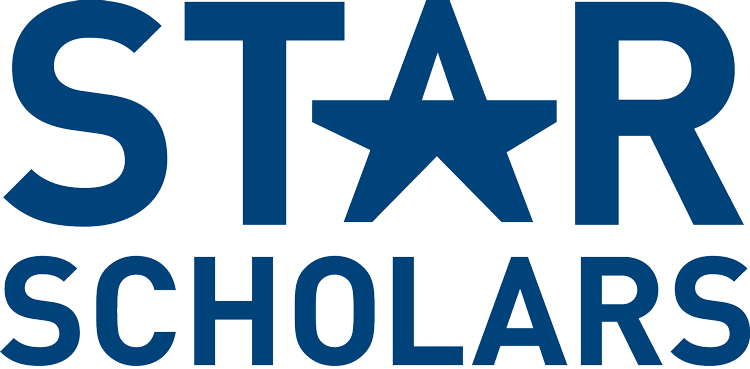
1. A Promised Land with not many Footprints
Social media has become ubiquitous for adolescents and emerging adults, where communication with peers happens online more frequently than face-to-face. Therefore, they have also adopted it as a newer means for support seeking.
To my surprise, however, social media and private messaging platforms, a potential accessible source of support for youth, hadn’t been well studied.
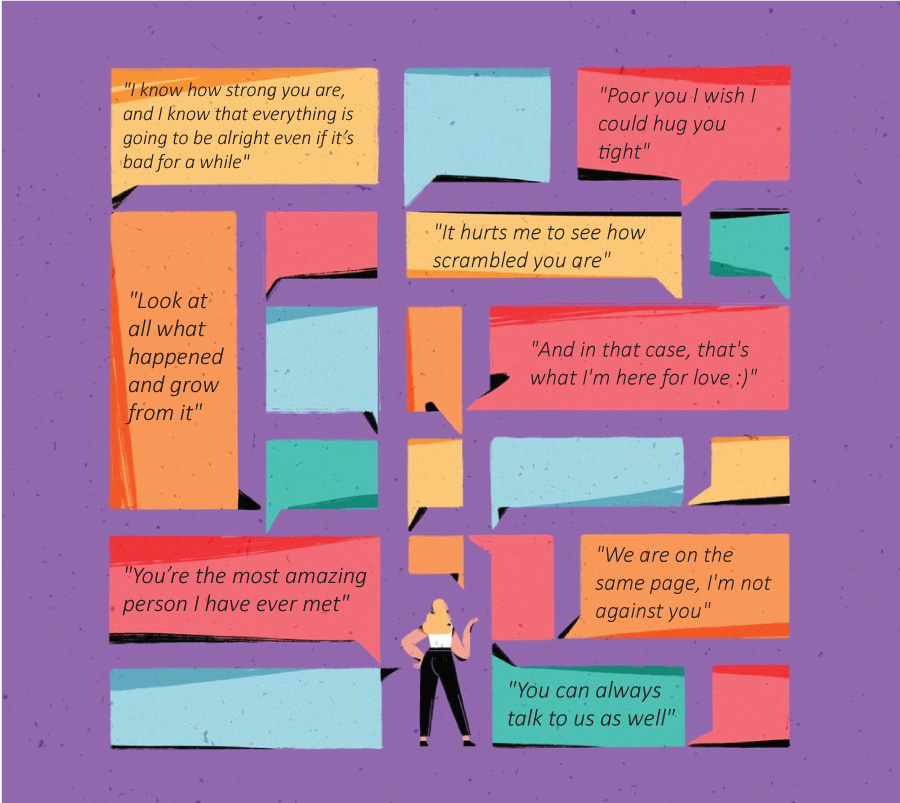
Research Questions
- What are the topics/problems for which youth sought support?
- What are the types of support they received via private messaging platforms?
2. Hearing Teenagers' Stories through the Screen
At the start of the project, I was provided with the following resources:
- A codebook of support types, listing the major types (and sub-types) of support exchanged in our social life (examined by a previous study)
- A dataset of over 500 Instagram conversations among teenagers: their identity and personal information were confidential. Data was stored in a secure web platform accessed only by researchers.
I decided to code the data on Microsoft Excel using Zero-One Integer Programming.
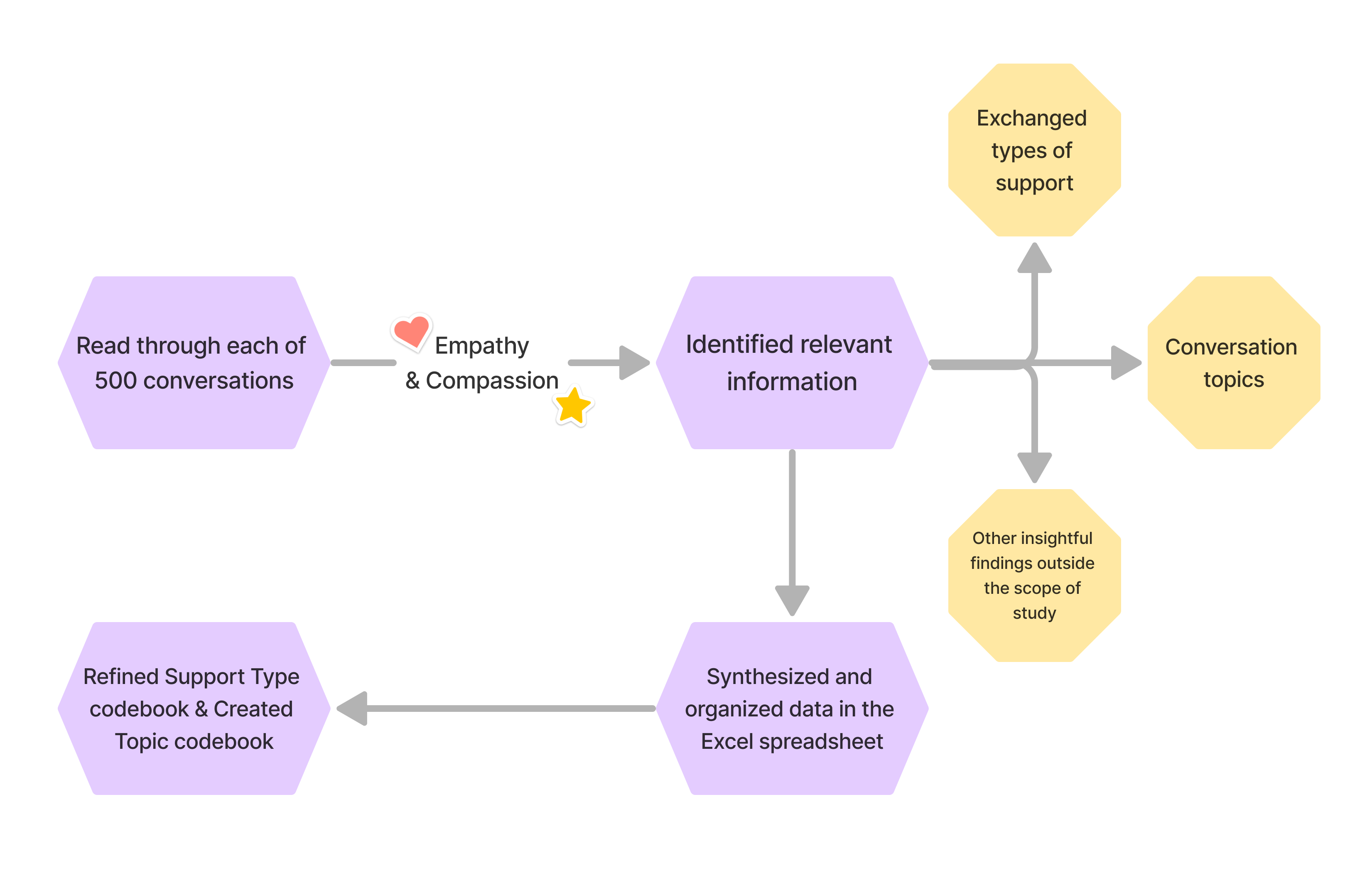
Although data coding may sound rough and dry to a beginner like me, I still found the process enjoyable and insightful. With empathy and compassion, I felt like I could step into teenagers' world and observe their struggles as well as how they were going through them together - the real and "raw" user experience that I may not find by conducting user surveys or interviews. I got to know and understand them on a personal level, rather than just from a researcher’s perspective.
3. Heartfelt Stories become Insightful Research Findings
How to transform a bulky, massive collection of data into meaningful research results?
Despite feeling overwhelmed with the data at first, I soon found a way to “digest” them:
- Organized the data in terms of Priority (are they in our scope of study?) and Significance (how frequent and “big” are they?)
- Visualized each group of data, resulting in more than 50 tables and charts in total
- Eliminated the minor/insignificant numbers
- Concluded the main research findings
The process taught me to focus on the main research questions, and tell the story of the data using numbers and visual aids.
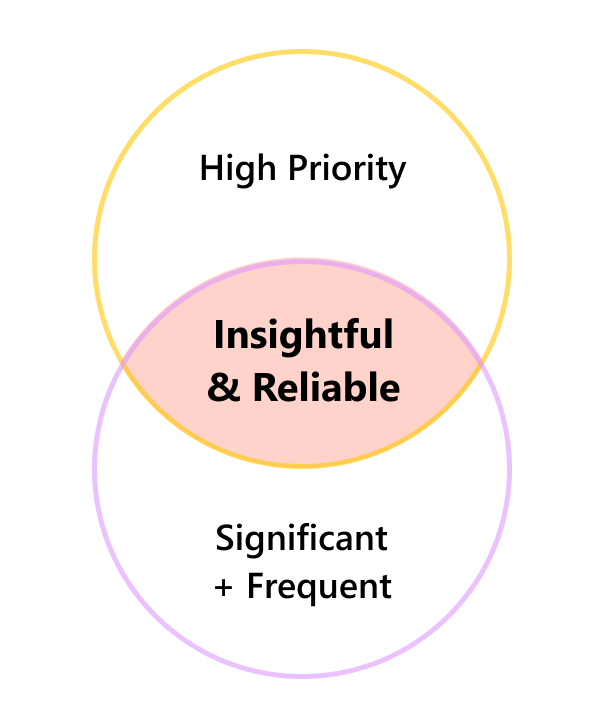
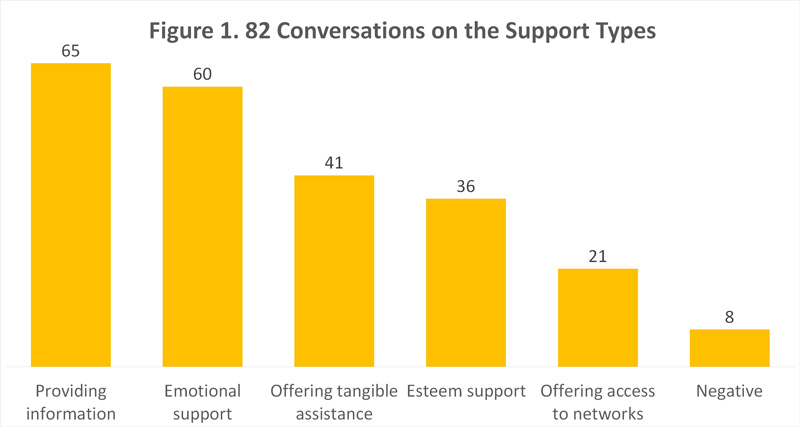
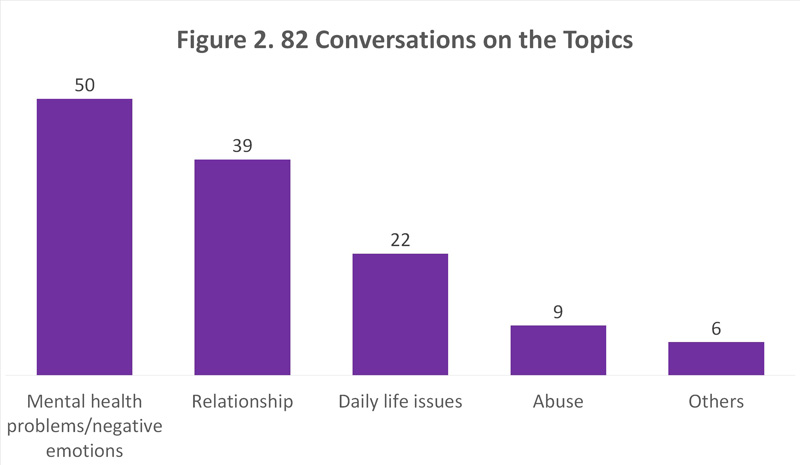
4. Not only Address the Problem but also Find a Solution to it
At the end of the STAR Program, my mentors and I wrote a paper about our research findings and got it published at the ACM CHI conference - the most prestigious conference in the field of Human–Computer Interaction. This is one of my proudest achievements as a student researcher, empowering and motivating me to continue on my research journey.
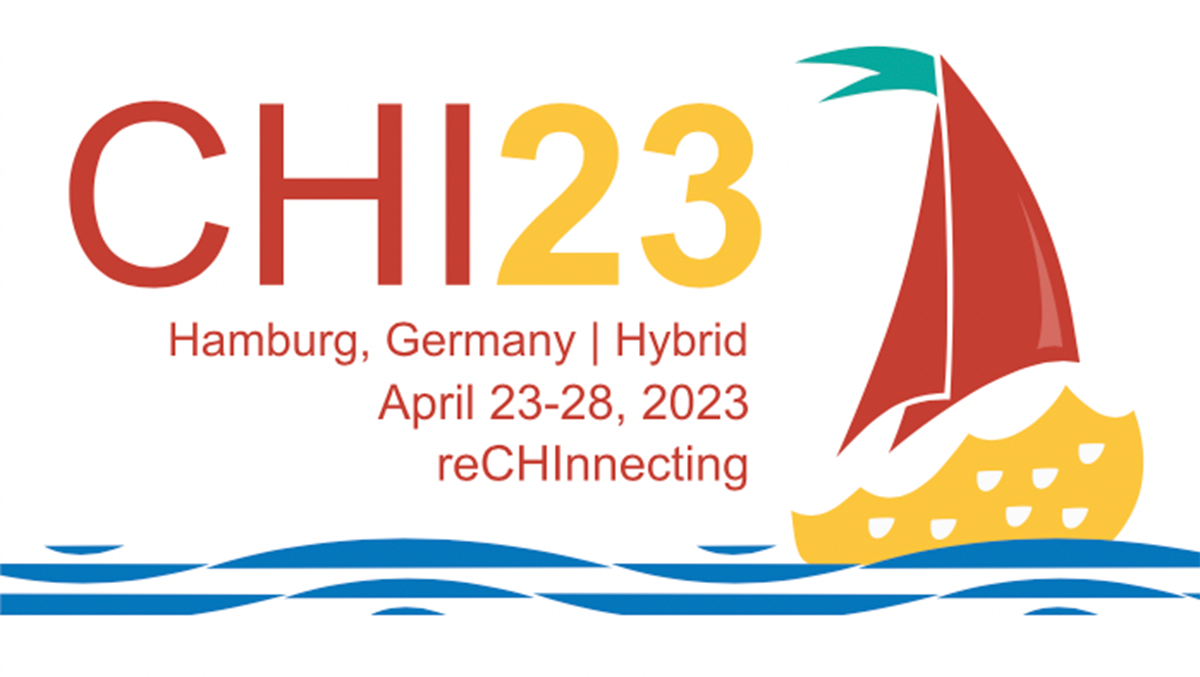
“What are teenagers’ perspectives on an effective peer mentoring platform?”
“How might we improve their experience with peer support?”
With these questions left on our minds after the study, we decided to work on a new research with the end goal to create a design solution. This time, by conducting user surveys and interviews with my research subjects, I’ll have the chance to directly hear their opinions on the aforementioned topic, instead of “observing” them through the screen.
This is a perfect 2-in-1 project for me to practice both UX research and design, and I feel extremely excited about the upcoming journey!
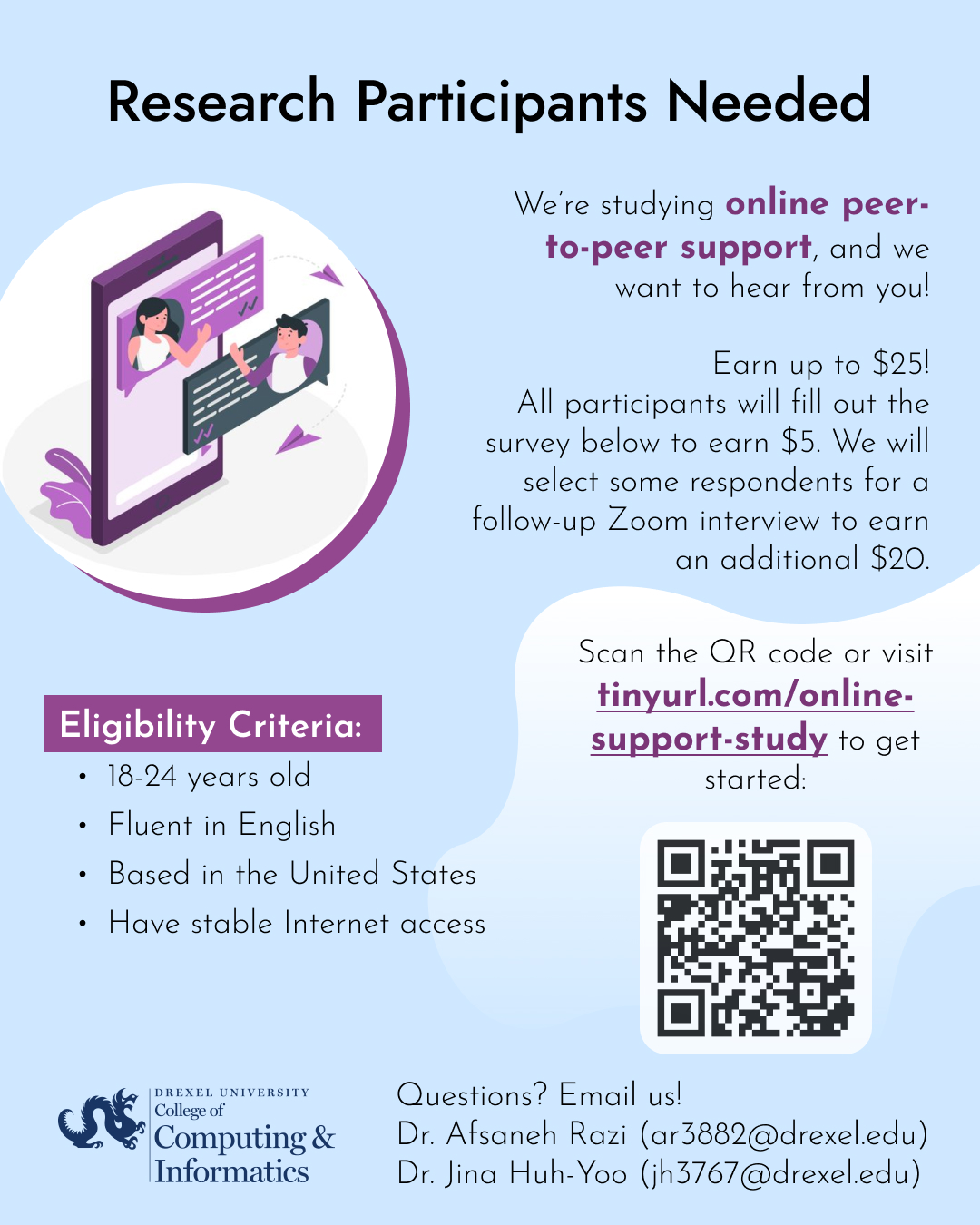
As a newbie researcher, I’m happy with what I have done throughout the program. I got to learn more about academic research and UX research, especially how to code and analyze data, and how to put myself into the subjects’ perspective to understand them. I’m excited to apply what I have learned to our continuing research project and to my future UX research in class and work.
